Where there is injury let me sow pardon
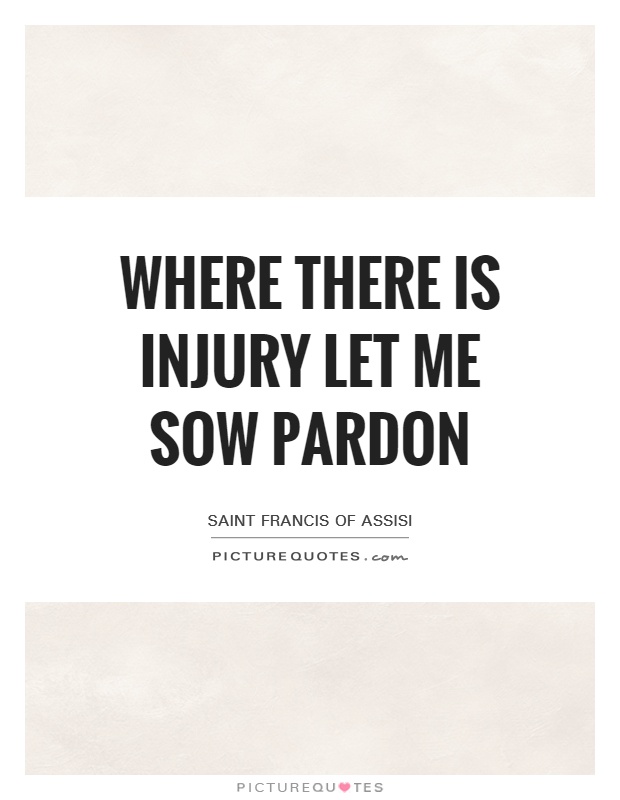
Where there is injury let me sow pardon
Saint Francis of Assisi is widely known for his teachings on love, compassion, and forgiveness. One of his most famous prayers, often referred to as the Peace Prayer, includes the line: "Where there is injury, let me sow pardon." This simple yet profound statement encapsulates the essence of Saint Francis' message of forgiveness and reconciliation.Saint Francis lived in the 12th and 13th centuries in Italy and was a devout follower of Jesus Christ. He renounced his wealthy upbringing and chose a life of poverty and service to others. He believed in the importance of living a life of humility, simplicity, and love for all of God's creation. His teachings emphasized the importance of forgiveness and reconciliation, even in the face of injury and wrongdoing.
The line "Where there is injury, let me sow pardon" speaks to the power of forgiveness in healing relationships and promoting peace. Saint Francis understood that holding onto anger, resentment, and bitterness only perpetuates the cycle of violence and harm. By choosing to forgive those who have wronged us, we can break free from the chains of hatred and find inner peace and healing.
Saint Francis' message of forgiveness is particularly relevant in today's world, where conflicts and divisions seem to be ever-present. In a society that often values revenge and retribution, Saint Francis' teachings remind us of the transformative power of forgiveness. By choosing to sow pardon where there is injury, we can create a more compassionate and harmonious world.
In practicing forgiveness, we not only free ourselves from the burden of anger and resentment but also open the door to reconciliation and healing. By extending forgiveness to others, we can break down barriers and build bridges of understanding and empathy. Saint Francis' message of forgiveness is a timeless reminder of the importance of love and compassion in our interactions with others.
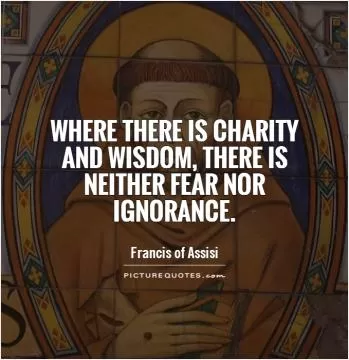

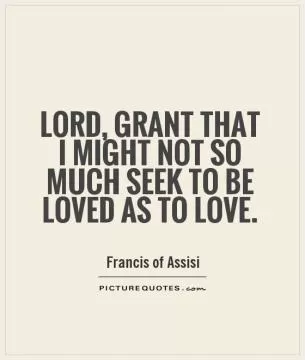


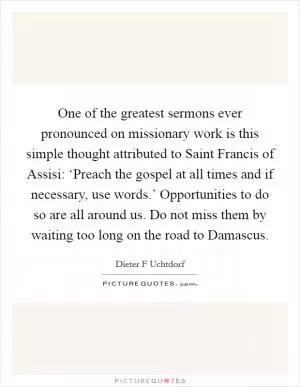
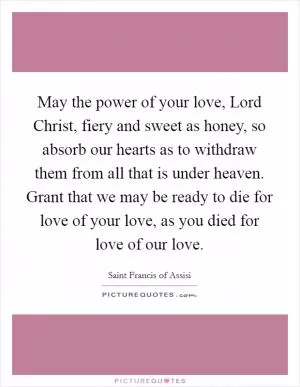
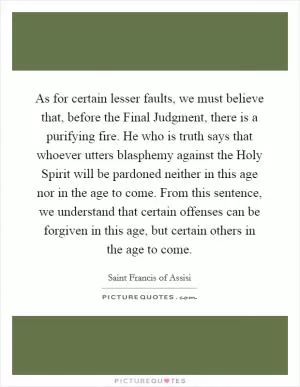
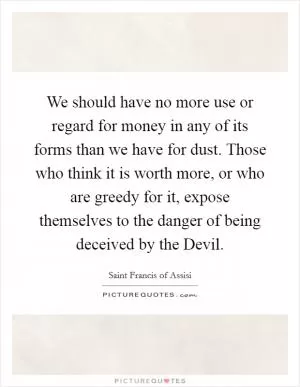
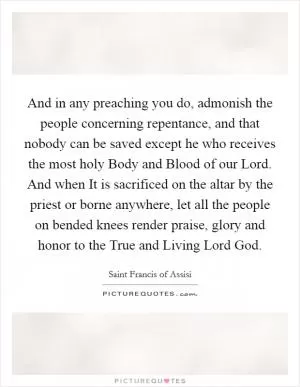

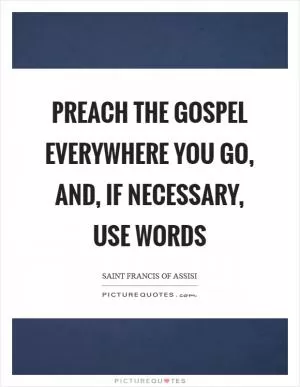
 Friendship Quotes
Friendship Quotes Love Quotes
Love Quotes Life Quotes
Life Quotes Funny Quotes
Funny Quotes Motivational Quotes
Motivational Quotes Inspirational Quotes
Inspirational Quotes